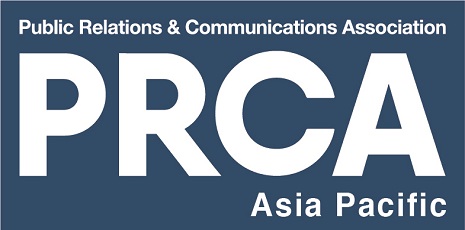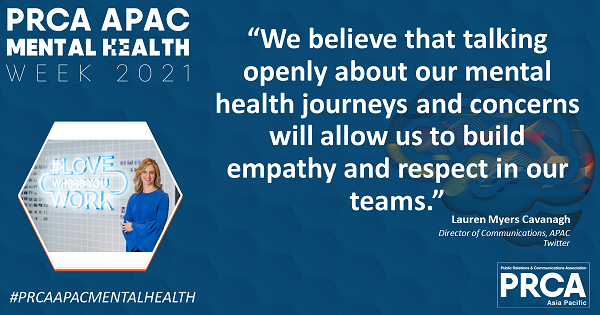The stress of a global pandemic and the isolation caused by lockdowns has triggered a shadow pandemic; a mental health crisis affecting much of the world. In July, the World Health Organisation called for global action on pandemic-linked anxiety and stress, which, it warned, could be long term and far-reaching.
The Covid-19 pandemic has had the effect of exacerbating underlying mental health challenges for many. For others, it has triggered effects that might have otherwise never occurred. Just as the virus is not a moral agent determining its victims, nor are the mental health issues that have arisen in its wake.
Mental health issues are rarely treated with the same urgency or pragmatism as those affecting our physical health. Why is that? The PRCA’s latest study shows that an overwhelming number of us in the communications profession are not only suffering in silence, but suffering without a clear sense of what can be done.
If a mental health crisis is already upon us, as it seems to be, what can we do about it? It starts with acknowledging what we don’t know. Many of us don’t know where to turn for support, as the results of the PRCA survey show.
Finding information and resources should be anything but stress inducing. Our Twitter @NonProfits account has a Twitter List of mental health partner profiles and resources for people on our service. To ensure the conversations are safe and healthy, over the last year, we have also expanded our #ThereIsHelp notification service for suicide and self-harm to more than 30 countries around the world. When people search terms associated with suicide or self-harm, such as #CommitSuicide, #EndLife, #HowToHangMyself, #PainlessDeath, #SuicideAttempt, the top result includes a notification in dozens of local languages encouraging them to reach out for help, and includes hotline numbers for local mental health and crisis services.
Despite the isolation of the past 20 months, the open nature of the internet has allowed people to connect with others facing similar struggles around the world. Online communities have popped up offering everything from online therapy and support groups, to diagnostic quizzes and innovative self-help tools.
Extended social isolation due to lockdowns, social distancing and university closures have pushed many people to seek long-term communities online. We’ve seen increased use of Twitter as a safe space to have conversations around mental health and well-being. Our close work with partners around the world to raise awareness and normalise discussion around mental health on our service, as well as provide resources and support to those in need, is part of a trend of open and honest dialogue about mental health. If it continues, it may help to destigmatize these issues over time, and result in greater numbers of people recognising the signs and seeking help.
These values are not just observed on Twitter as a service, but at the company itself. We believe that talking openly about our mental health journeys and concerns will allow us to build empathy and respect in our teams. From instituting monthly company-wide days off, to providing a financial allowance to set up comfortable home-offices, to sharing self-care tips, Twitter has walked the talk when it comes to creating a culture of empathy. Feedback on what’s working and what isn’t is the order of the day, and managers are encouraged to discuss the importance of balancing work and personal commitments openly and honestly.
Awareness days matter enormously to initiate dialogue about issues like mental health, as do studies like the latest from the PRCA. Ultimately, it’s what we all do with our heightened awareness that matters most. If, like me, you’ve experienced the ups and downs of the past 20 months, know that there are others out there feeling the same. None of us should suffer in silence, not least when there has never been more that brings us together. If you’re asking yourself why you feel ground down by it all, chances are your friends and colleagues are doing the same. What better time to start the conversation than now.
-Lauren Myers Cavanagh, Director of Communications, Asia Pacific at Twitter



